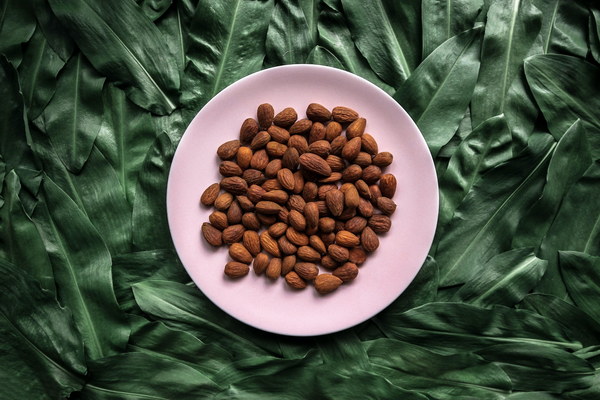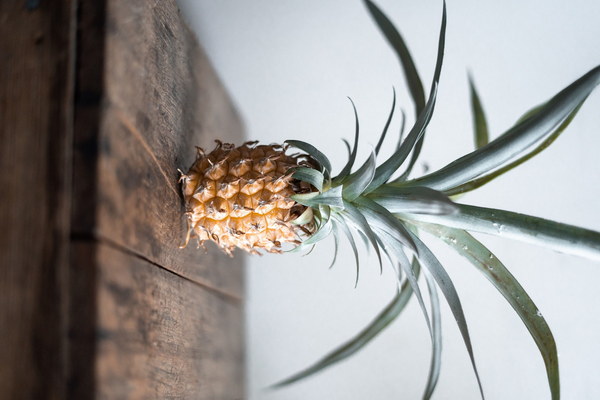Best Tea Varieties for Lung Cleansing and Nourishment A Comprehensive Guide
In the pursuit of health and wellness, the ancient wisdom of traditional medicine has highlighted the significance of herbal teas for lung health. The lungs are vital organs responsible for oxygenation of blood and removal of carbon dioxide. Therefore, maintaining their health is essential for overall well-being. One of the best ways to achieve this is through the consumption of certain tea varieties. In this article, we will explore the best tea varieties for lung cleansing and nourishment, along with their benefits and how to incorporate them into your daily routine.
1. Green Tea
Green tea is a popular choice for those looking to improve lung health due to its high content of antioxidants, particularly catechins. These compounds help to combat oxidative stress and inflammation, which can contribute to respiratory issues. Green tea also contains compounds that support the immune system, which plays a crucial role in protecting the lungs from infections.
How to incorporate it: Brew a cup of green tea by steeping loose-leaf green tea leaves or tea bags in hot water for 2-3 minutes. Enjoy it hot or let it cool down and add a slice of lemon or a spoonful of honey for added flavor.
2. White Tea
White tea is another excellent choice for lung health due to its high content of antioxidants and anti-inflammatory properties. It is less processed than green tea, which means it retains more of its natural compounds. White tea has been found to help reduce lung inflammation and improve respiratory function.
How to incorporate it: Brew white tea by steeping the leaves in hot water for 3-5 minutes. Add a touch of milk or honey to enhance the flavor if desired.
3. Oolong Tea
Oolong tea is a semi-fermented tea that offers a balance of benefits from both green and black teas. It contains antioxidants that help to reduce oxidative stress and inflammation, which can contribute to respiratory conditions. Oolong tea also has been found to support weight loss, which can indirectly improve lung function by reducing the workload on the respiratory system.
How to incorporate it: Brew oolong tea by steeping the leaves in hot water for 2-3 minutes. Experiment with different steeping times to find the perfect flavor profile for you.
4. Pu-erh Tea
Pu-erh tea is a unique variety that has been fermented and aged, which gives it a rich and earthy flavor. It is known for its digestive properties, but it also offers benefits for lung health. Pu-erh tea contains substances that help to reduce oxidative stress and inflammation, and it has been shown to improve respiratory function.
How to incorporate it: Brew Pu-erh tea by steeping the leaves in hot water for 3-5 minutes. It is often enjoyed without any additions, but you can add a touch of honey or lemon if you prefer.

5. Honeybush Tea
Honeybush tea is a South African herbal tea that is known for its immune-boosting properties. It is rich in antioxidants and has been found to help reduce inflammation in the respiratory system. Honeybush tea is also caffeine-free, making it a suitable choice for those who are sensitive to caffeine.
How to incorporate it: Brew honeybush tea by steeping the leaves in hot water for 5-7 minutes. Enjoy it as is or add a dollop of honey for sweetness.
In conclusion, incorporating the right tea varieties into your diet can significantly contribute to lung health and overall well-being. Green, white, oolong, Pu-erh, and honeybush teas are all excellent choices due to their high antioxidant and anti-inflammatory content. By enjoying these teas regularly, you can support your lung health and enjoy the many benefits they have to offer.









